New Research Reveals Path to Equity in Early Childhood Development
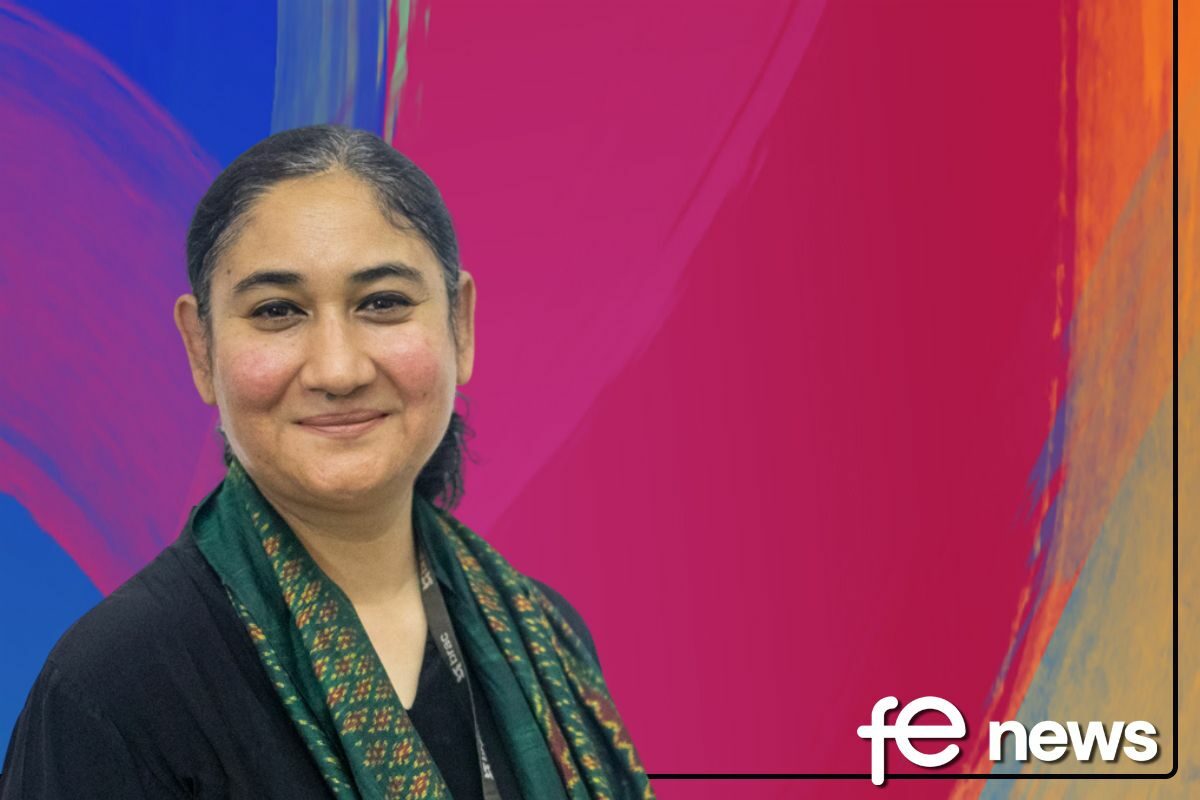
The greatest challenge in early childhood development is to enable those children who are the least privileged to enter kindergarten as well-prepared as those who are the most privileged. New research finds that BRAC’s Play Lab model in Bangladesh achieves that result. It also finds that the result can be sustained and scaled. The combination of those two findings reveals a path to equity for young children that holds enormous promise on a global scale.
BRAC, one of the world’s largest non-governmental organizations with a focus on empowering marginalized communities, was established by Sir Fazle Hasan Abed KCMG in Bangladesh. Grounded in his firm belief that learning is about more than just schools and books, BRAC is utilizing Yidan Prize funds to scale play-based Early Childhood Development solutions in Bangladesh, Uganda, and Tanzania.
Play Labs are safe spaces where children aged 3 – 5 can engage in playful activities, supported by a flexible play-based curriculum – one that is culturally relevant and contextualized to suit local settings, and promotes children’s cognitive, language, socio-emotional and fine and gross motor development, as well as self-regulation. Educators globally are rethinking how to teach young children and promote their development, and research shows play is one of the most important ways in which young children gain skills and knowledge. The play spaces and Play Curriculum are designed by the BRAC Institute of Educational Development, which I lead, at BRAC University in Dhaka, Bangladesh. The Play Lab model was created in partnership with The LEGO Foundation and Porticus.
Research
A new two-year study, conducted by researchers at the University of Cambridge and Columbia University, assessed the impact of Play Labs for 367 children in low-income settings. Of the 367 children, 196 were in Play Labs and 171 were in a control group of children who primarily remained at home in year one and attended government or NGO-run preschools in year two.
The research demonstrates that the benefits of the Play Lab experience for children were extensively and consistently evident across all four development measures used. For each measure, the Play Lab children outperformed the control group children, moderately in year one and dramatically in year two. The overall increase in Play Lab children’s developmental scores was over five times higher than the control group children. The Verbal IQ scores of Play Lab children were more than four times higher.
The findings were particularly dramatic for children who were developmentally behind. There were large developmental gaps between children at the beginning, but those who entered the Play Labs with the lowest baseline scores improved even more significantly than the average child. This allowed them to catch up with their peers who had entered with the highest scores, narrowing the total gap between the groups to just a few points by the end of the two years. No similar finding was found in the control group, where children continued to enter primary school with very different levels of development.
Another strong finding was regarding parents – Play Lab parents scored over four times higher than parents of control group children on knowledge of early childhood development and education. Play Lab parents’ scores increased 37% over the two years of the project, compared to an increase of 8.8% with control group parents.
The capacity to close developmental gaps, and to engage parents more fully, is vital to equitable education. Preparation for entering primary school is closely linked with educational success. But the research also shows that the results are sustainable and scalable, and that’s where the global potential lies.
In the community-based Play Labs on which this research focused, young women are trained to serve as Play Leaders – and given continuous in-service professional development.
These para-professional Play Leaders are key to the Play Labs’ sustainability and scalability. The research measured the Play Leaders’ knowledge, attitudes, and practices (KAP) related to early childhood development and education. It found that Play Labs produced highly significant progress in the Play Leaders’ KAP scores, the quality of their interactions with the Play Lab children, and the fidelity with which they carried out the Play Lab program.
That fidelity enables sustainability, as the Play Leaders maintain and even improve their commitment to the model over time. This is important because lack of fidelity is a common challenge in educational interventions. According to the study, the fidelity with which Play Leaders carried out the Play Lab program showed highly significant improvement in both years one and two. That result affirms the importance of the amount and quality of the training and mentoring of the Play Leaders.
The potential for scaling depends further on the Play Leaders. They are from the same communities they work in; they are trained in those communities, and they are mentored there. They bring a desire to work in this role, a commitment to doing it well and significant added benefits – lived experience of the challenges faced in their communities, existing networks and social accountability.
The resources to run Play Labs are, therefore, available in communities throughout the world. The Play Lab spaces are typically housed in existing facilities, and the play materials are of no cost or low cost and often made by parents. The primary cost is training and mentoring. Scaling is, therefore, built in from the outset.
Early childhood is a critical time for development. 90% of the brain’s development occurs before age 5, making quality early opportunities essential to building solid foundations for the rest of children’s lives. Only one in every five children in low-income countries have access to pre-primary education, and early learning services are frequently low quality, lacking well-trained staff, child-friendly environments, and developmentally-appropriate approaches. With increasing levels of displacement, conflict, the after-effects of COVID-19 and the impacts of climate change being felt across the world, more children in the future will not be starting school with the same level of readiness.
This research holds enormous promise for the world in tackling that. A newly released BRAC Play Lab PlayBook provides the resources to equip partners and practitioners across the world to adopt and scale this play-based approach. It’s time for every child to get the start they deserve.
By Erum Mariam the Executive Director of the BRAC Institute of Educational Development, BRAC University in Bangladesh.


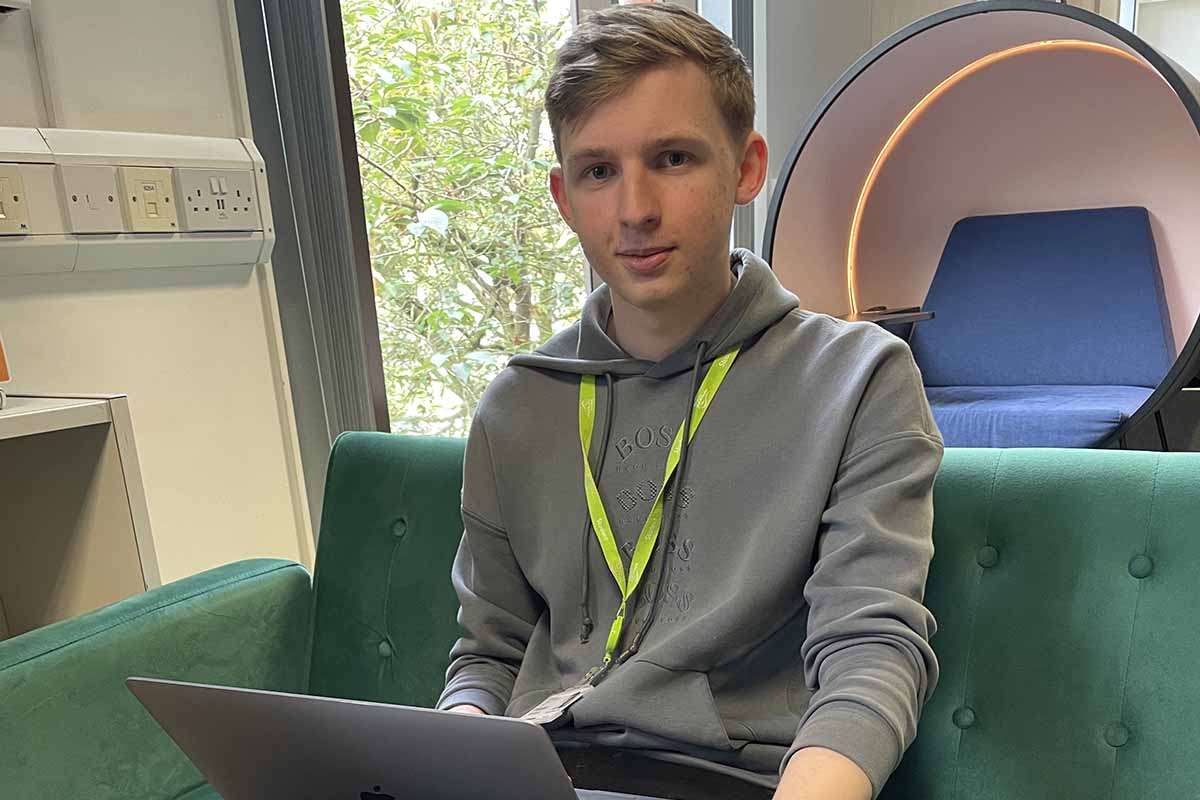
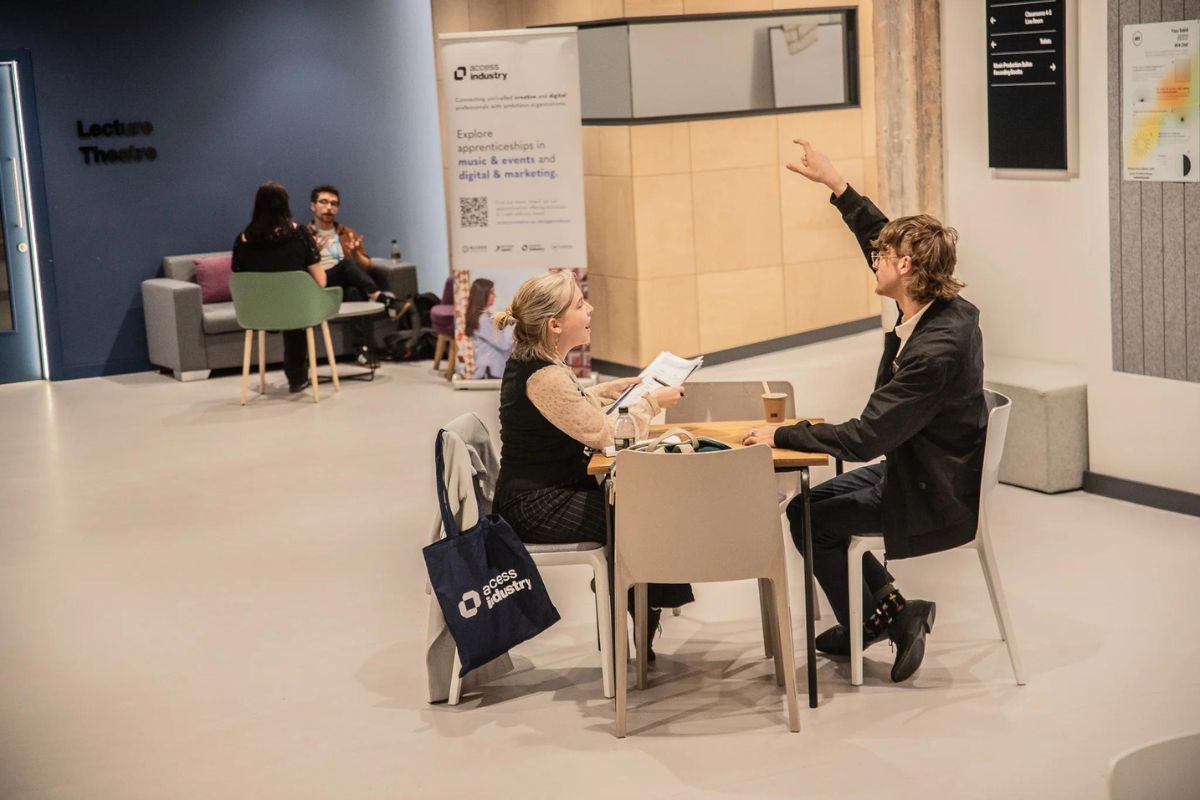




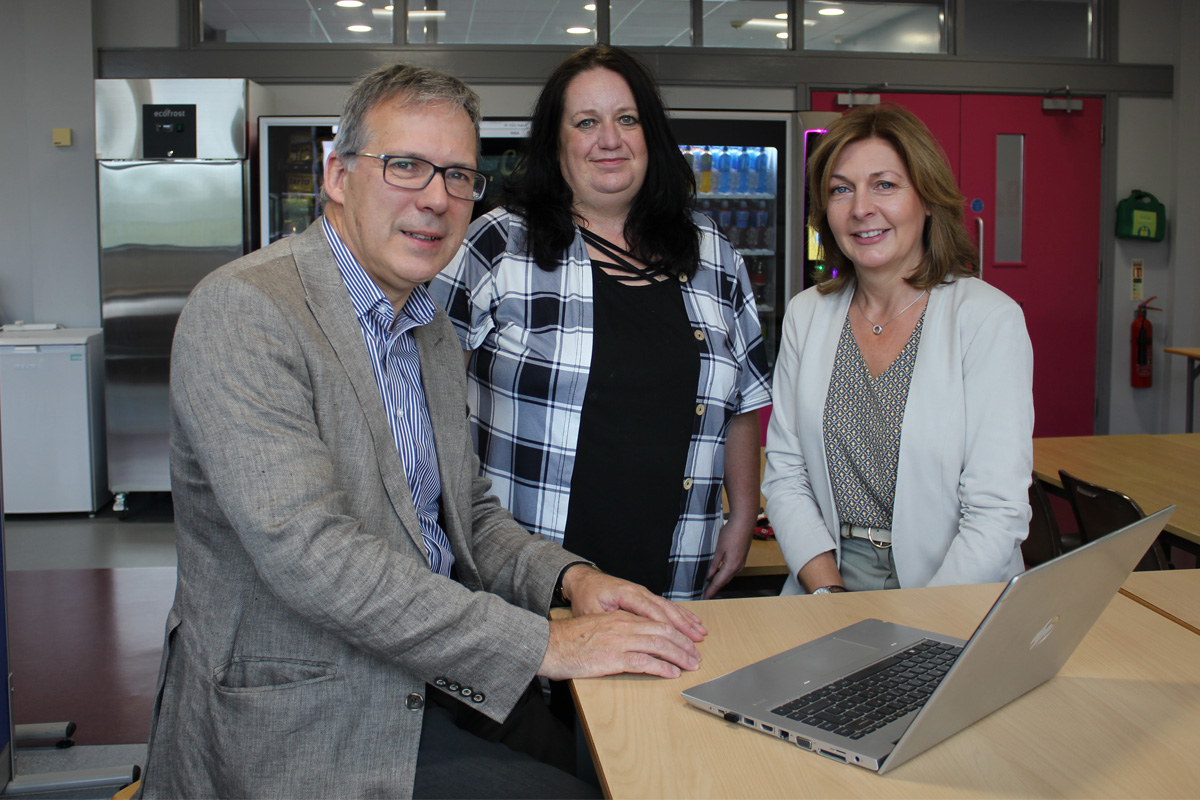
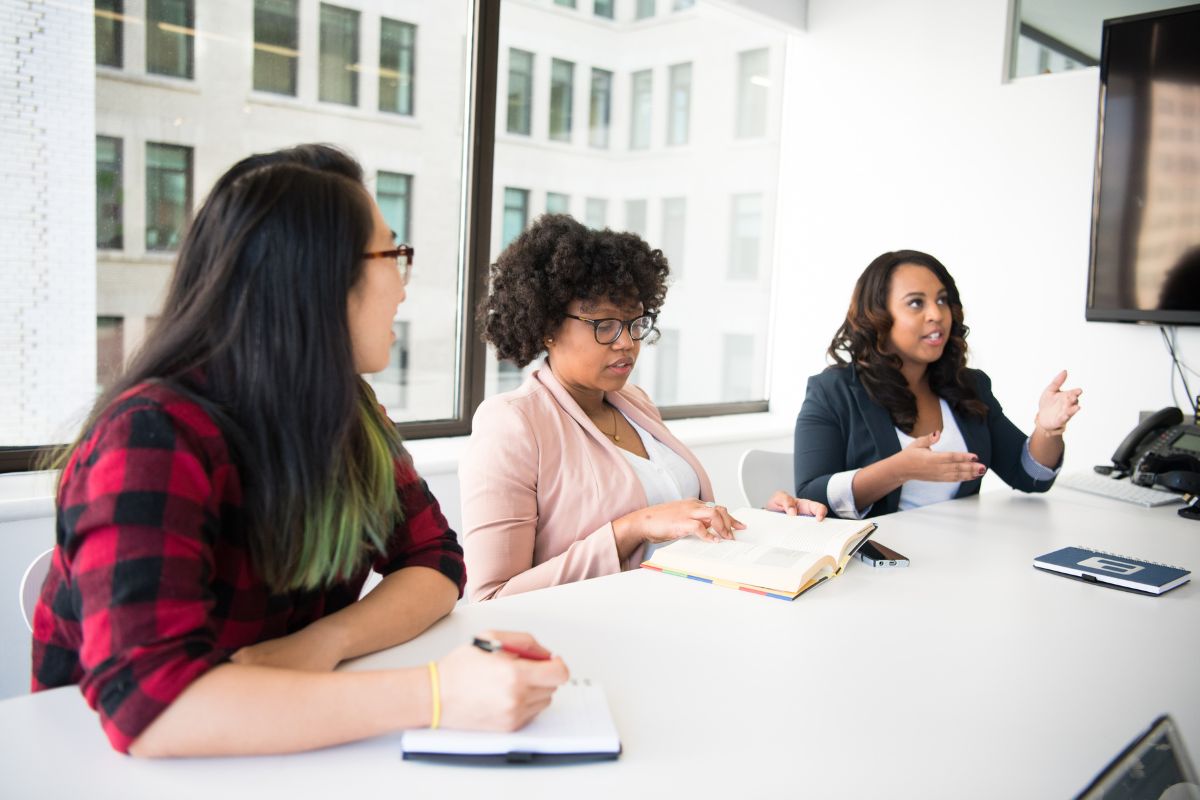
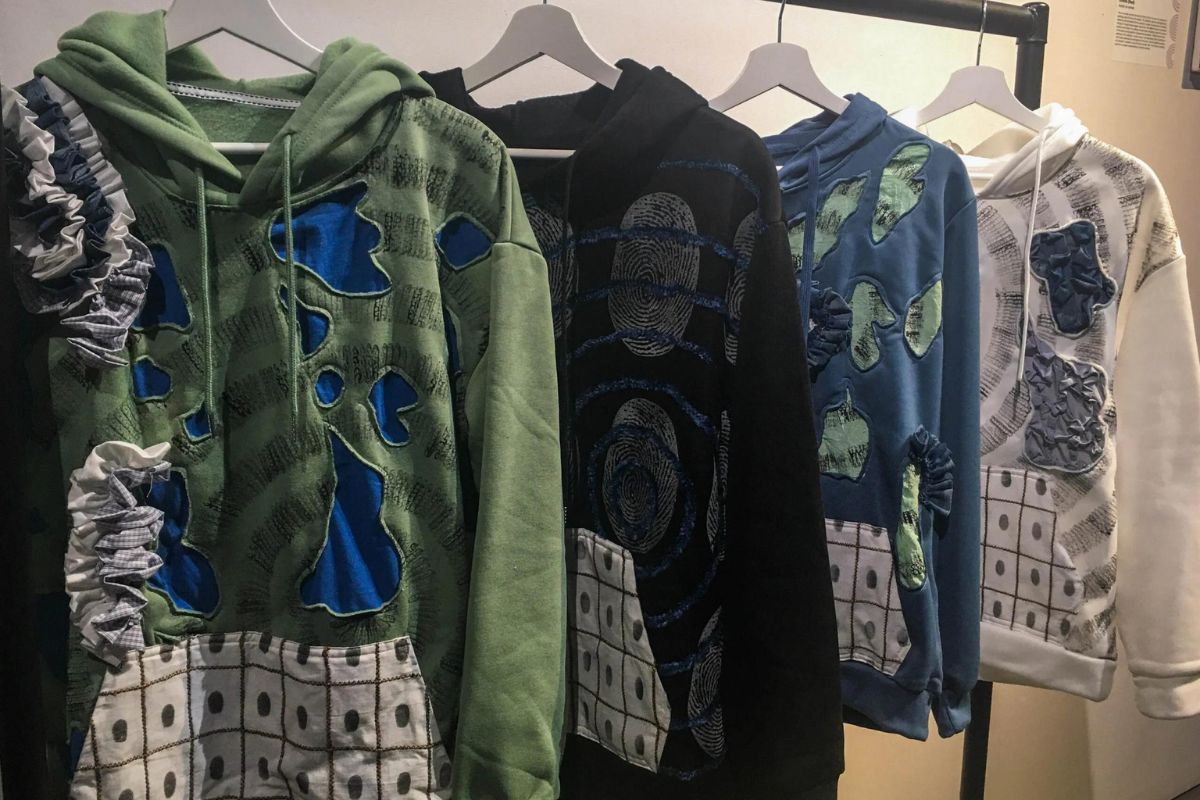
Responses